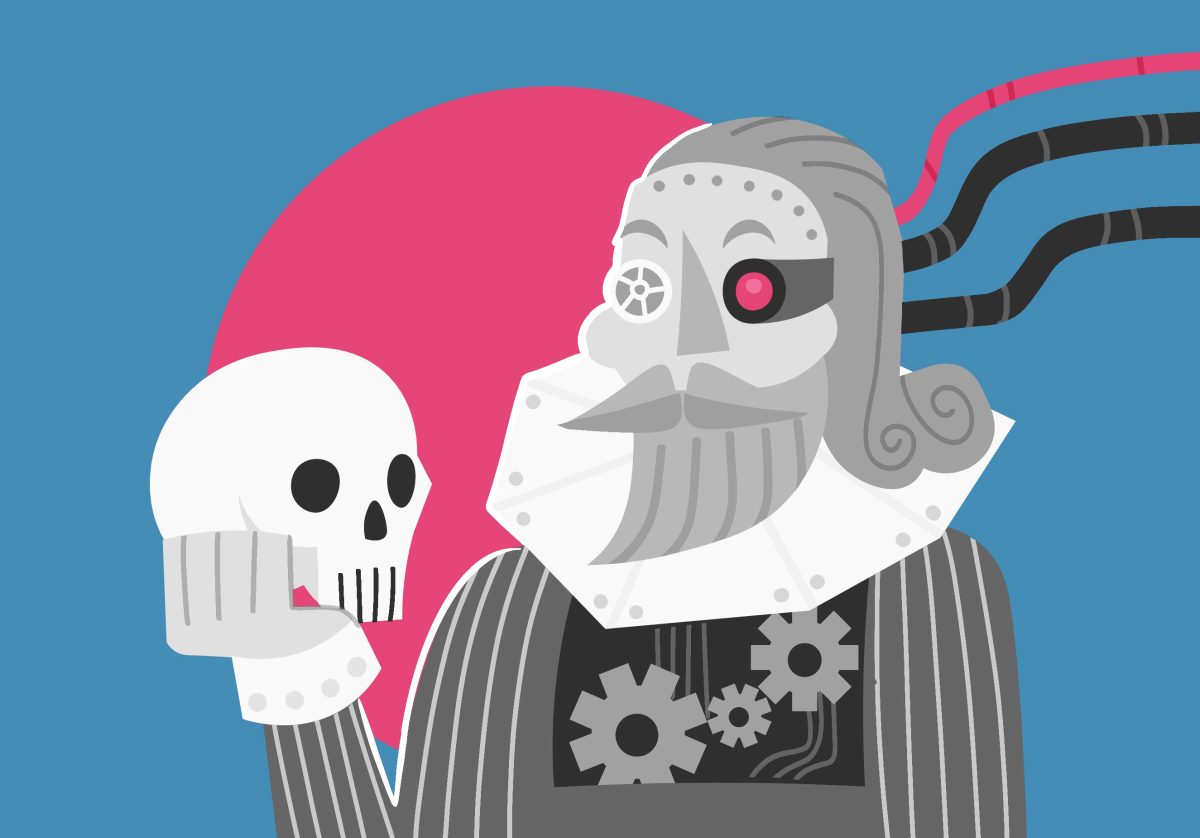When President George W. Bush ran for office, he portrayed himself as the anti-Clinton. He campaigned on a platform that promised to transcend party lines and lambasted the Clinton administration for partisan fund raising. So where is he now? Bush threw the most heavily-financed campaign in political history for Norm Coleman and now is celebrating after the most partisan general election in recent memory in the face of the McCain-Feingold campaign finance reform bill.
Bush is not bipartisan; rather, he is one of the most partisan presidents in history. In numerous elections this year, the White House handpicked Republican candidates to challenge Democratic incumbents. Bush visited Minnesota five times, Vice President Dick Cheney visited twice and Laura Bush visited once to stump for Minnesota Republicans and push Bush’s partisan agenda. Since he failed to make it as a bipartisan president, Bush turned around and wrestled numerous partisan tickets into Congress.
Luckily for Bush, it no longer matters that his attempt at bipartisanship failed. As a result of his big partisan push, the Republican Party swept the country. Coleman, for all his talk about changing the tone in Washington, D.C., won’t have to change anything after all and can instead be a simple mouthpiece in the Senate for President Bush.
While Bush was maintaining the health of the country’s economy, corporations were perpetrating egregious fraud on shareholders and employees while Harvey Pitt, chairman of the SEC, tried to appoint a corporate crook to lead the task force to eliminate corporate malfeasance. And Bush stood behind his man just long enough to get his party elected, then timed Pitt’s resignation for the middle of the media flurry surrounding the election. Thus, something that could – and should – have adversely affected Republican campaigns nationwide was blunted in an election where the economy is precisely at issue. So Bush stood behind his man until it was politically feasible and then pushed him overboard.
As a result of this partisan play, Bush has incredible power. For the first time ever, the Republicans have control of the two houses of Congress and the presidency after the midterm election. While a president is effective when he has Congress with him at the beginning of his term, he can be much more effective in the middle. At this point, Bush has the country behind him, the 2000 election woes long-forgotten and a good handle on how to operate in the Oval Office.
It now devolves on the newly-powerful Republican Party to engage in self-examination rather than follow blindly the White House’s every whim. Recent history shows Bush is not so willing to cross party lines to reach a consensus as he promised during his campaign. Instead, he got his way this election with a lot of double talk.
The next two years is a chance for the Republican Party to shine or fail. If the current tone carries through and the Legislature follows Bush’s example, the latter seems much more likely.










